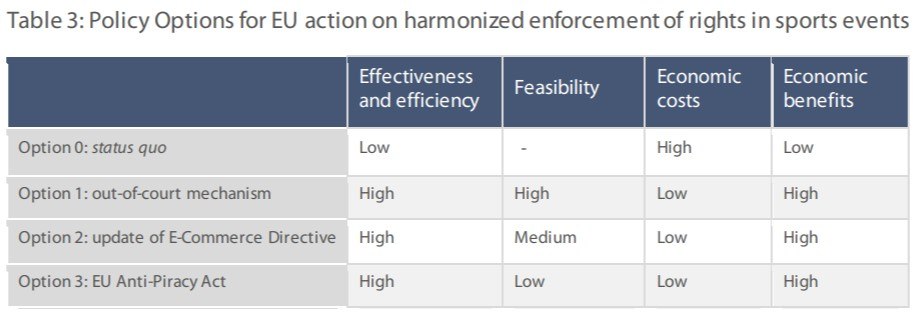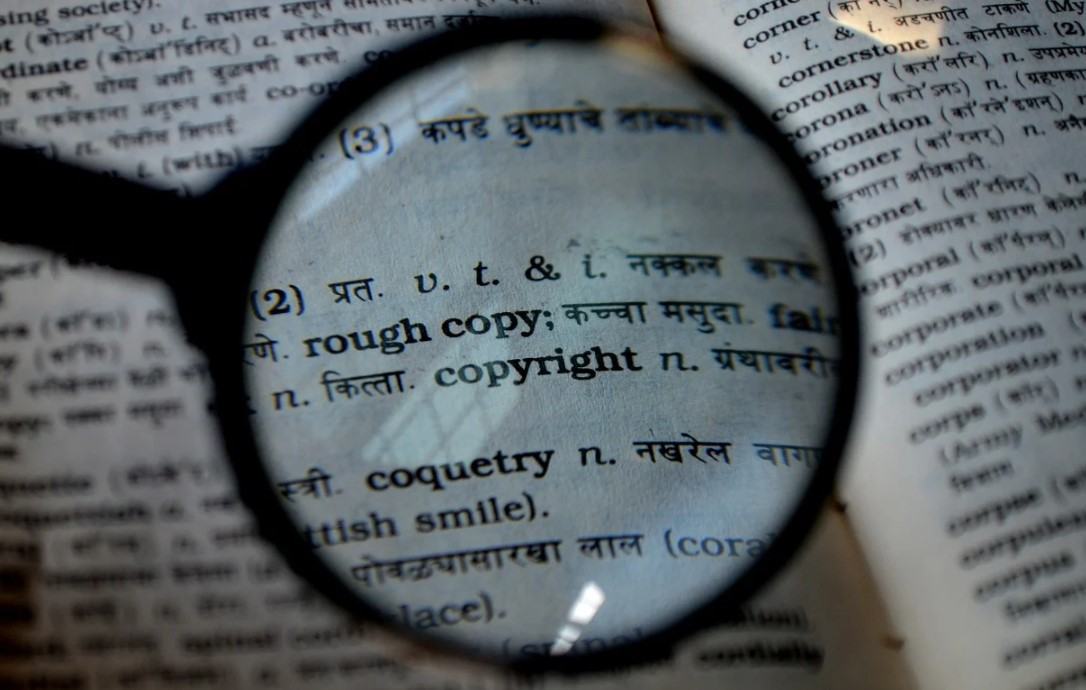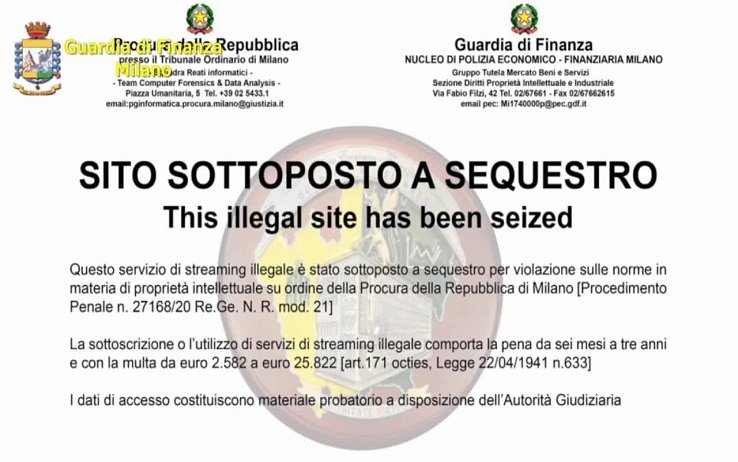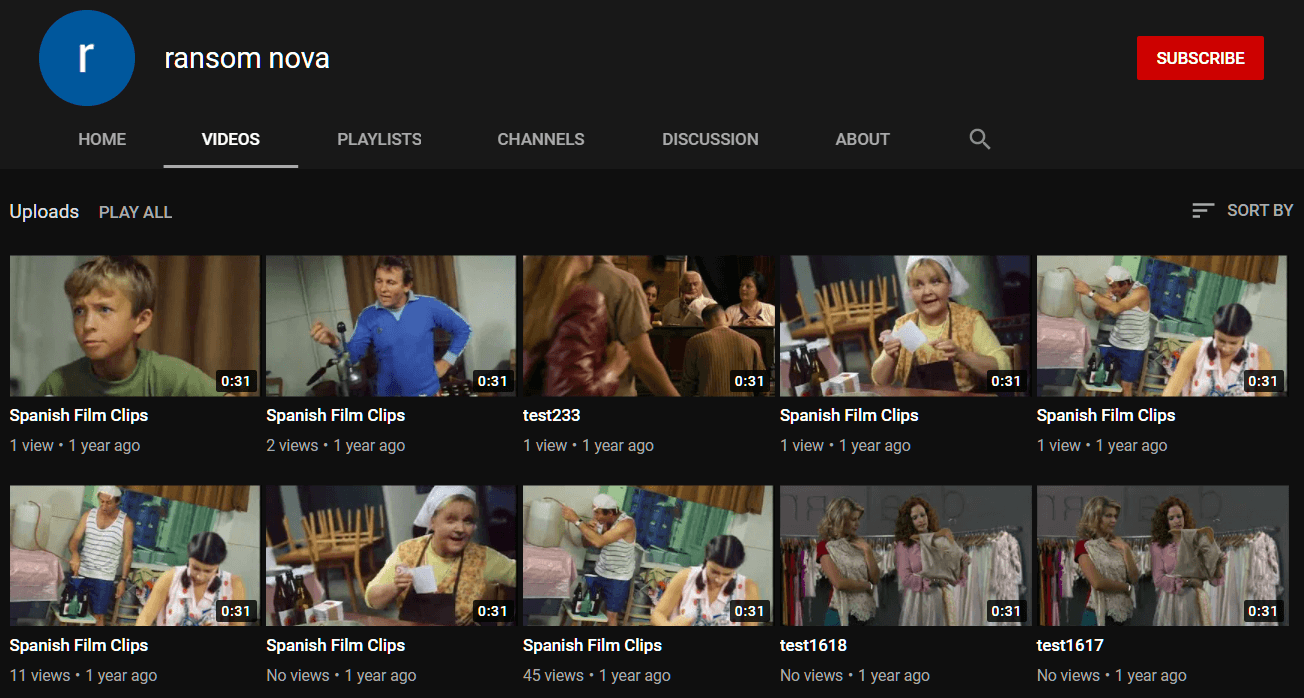 For most police departments, online piracy has no priority, but the City of London Police have made copyright infringement one of their main targets.
For most police departments, online piracy has no priority, but the City of London Police have made copyright infringement one of their main targets.
In September 2013, the department founded the Police Intellectual Property Crime Unit ( PIPCU ), which marked the start of a broad enforcement campaign to decrease traffic to pirate sites.
To achieve this goal PIPCU has targeted hosting services, advertisers and payment processors, asking them to cut ties with allegedly infringing sites. In addition, police also sent out warning letters to pirate site owners directly, asking them to go legit or shut down .
PIPCU Threatens YouTube Ripper
In recent years, hundreds of sites have been approached and this effort continues. A few days ago one such a ‘cease and desist’ order was sent to one of the largest YouTube rippers, who shared it with us on condition of anonymity.
The letter in question hasn’t changed much compared to the earlier versions we’ve seen. It accuses the site operator of possibly violating multiple laws, including the Fraud Act, the Copyright, Design & Patents Act, as well as the Serious Crime Act.
“[W]e have reasonable grounds to believe that through your ownership and/or operation of the website known as [https://redacted.yt-ripper], you are involved in online copyright infringement either directly or indirectly and may be liable to prosecution under UK law,” PIPCU writes.
Stream-Rippers Have Legal Uses
These are grave accusations of criminal conduct from the police, especially since stream-ripper sites are not typical pirate sites. For example, they don’t host copyrighted content or link to pirated files. They simply help users to make copies of YouTube videos or audio.
It is undeniable that these sites, including the one that was targeted by PIPCU, are used by people to copy copyrighted content. However, they are also used for legitimate purposes.
Put simply, stream-rippers help to make a copy of video or audio that is already freely accessible online. This is something every browser can do by default, but these dedicated sites make it a bit easier. That’s a far cry from the operations of a typical pirate site.
Linking?
PIPCU, however, doesn’t appear to make this distinction. According to the police, the YouTube ripper provides “links to media” which are used to access “unlicensed copyrighted content.”
“[https://redacted.yt-ripper] is a website that actively provides UK internet users with links to media which gives access to unlicensed copyrighted content without the permission of the copyright holders,” PIPCU writes.
Not by Definition Illegal
This statement might be a bit too broad, especially since there’s no jurisprudence on the legality of stream-rippers in the UK. These sites are not blocked by ISPs either, unlike regular pirate sites.
The site that was targeted by PIPCU sees itself as a time-shifting tool that allows users to make personal backups. Time-shifting is, under some conditions, allowed under UK law. The site in question doesn’t host any copyrighted content, nor does it link to any.
The site likely feels strengthened by recent developments surrounding youtube-dl. The open-source software, used by many streamrippers, was removed from the developer platform GitHub following an RIAA takedown request a few weeks ago.
This decision was eventually reversed after youtube-dl received broad support from the public, legal experts, and digital rights groups such as the Electronic Frontier Foundation.
Potential Prison Sentence
The cease and desist letter nonetheless mentions that the police unit has the lawful right to pursue action against the operator. It warns that this may eventually lead to prison sentences and fines.
“Should a conviction be brought for the above offenses, UK courts may impose sentences of imprisonment and/or fines,” PIPCU writes, adding that it has “criminal and civil powers in UK law to seize money, belongings and any property in connection with these offenses.”
This doomsday scenario can be avoided of course, if the site shuts down. PIPCU asks the operator to get in touch within 14 days or face further police action
“This may include steps to disrupt revenue made from advertisements and/or payment services; alongside internet infrastructure disruption,” PIPCU warns.
The operator of the site in question prefers not to comment on the matter at this time. However, despite the threats, there is no indication that YouTube ripper will shut down anytime soon.
A copy of the full PIPCU letter, from which we redacted the domain of the recipient, can be found below. It is possible that the same letter has also gone out to other stream-rippers as well.
—-
To: The owners and/or operators of the website known as “[https://redacted.yt-ripper]”
The Police Intellectual Property Crime Unit is hosted by the City of London Police and is a dedicated police unit set up to help prevent, deter and disrupt criminal activity relating to Intellectual Property.
One particular area of concern for PIPCU relates to websites involved in online copyright infringement. Such infringement causes significant harm to the UK’s creative economy – including the music, film, TV, gaming and publishing industries – and can be a criminal offence. We are therefore currently working on an initiative with Government and industry bodies to help prevent, deter and disrupt the criminal activity linked to websites involved in online copyright infringement.
In that regard, we have reasonable grounds to believe that through your ownership and/or operation of the website known as [https://redacted.yt-ripper], you are involved in online copyright infringement either directly or indirectly and may be liable to prosecution under UK law for the following offences:
– Conspiracy to Defraud
– Offences under the Fraud Act 2006
– Copyright, Design & Patents Act 1988
– Serious Crime Act 2007
Should a conviction be brought for the above offences, UK courts may impose sentences of imprisonment and/or fines.
PIPCU has criminal and civil powers in UK law to seize money, belongings and any property in connection with these offences.
All the domains are associated to IP addresses hosting content or are involved in the directing or distributing of traffic to content stored elsewhere. Please see the below ruling relating to Link Aggregator Sites which confirms illegality where it can be shown they are created for the purpose of generating revenue;
http://curia.europa.eu/jcms/upload/docs/application/pdf/2016-09/cp160092en.pdf
https://redacted.yt-ripper is a website that actively provides UK internet users with links to media which gives access to unlicensed copyrighted content without the permission of the copyright holders.
By reference to the advertising on https://redacted.yt-ripper, the copyrighted content is being made available in the course of a business model funded by revenue generated through the placing of advertisements on the site.
PIPCU monitors ad traffic using a third party vendors to evidence the revenue generated by websites through advertisements.
We have grounds to believe that as owners and/or operators of the website, you are committing offences under s.107 (2A) of the Copyright, Designs & Patents Act 1988 (“CDPA”), which provides that:
“A person who infringes copyright in a work by communicating the work to the public—
(a) in the course of a business, or
(b) otherwise than in the course of a business to such an extent as to affect prejudicially the owner of the copyright, commits an offence if he knows or has reason to believe that, by doing so, he is infringing copyright in that work.”
“Communication to the public” is defined by s.20 of the CDPA to include:
“the making available to the public of the work by electronic transmission in such a way that members of the public may access it from a place and at a time individually chosen by them.”
Section 107(2A) is an indictable offence punishable by up to two years’ imprisonment.
Further, we have grounds to believe that as owners and/or operators of the website, you are committing offences under the Serious Crime Act 2007 by doing acts capable of encouraging and/or assisting such communication to the public (under s.107(2A) of the CPDA); and/or encouraging and/or assisting the distribution to the public (under s.107(1)(d)(iv) of the CDPA) of copyright content stored on and/or uploaded to cyber lockers – intending or believing that those offences will be encouraged or assisted.
Such activity is an indictable offence under the Serious Crime Act 2007 and is punishable by up to ten years’ imprisonment (two years for encouraging/assisting communication to the public; and ten years for encouraging/assisting distribution to the public).
PIPCU has the lawful right to pursue action against you and against the website https://redacted.yt-ripper in order to prevent, detect and disrupt criminal activity.
To prevent the further commission of offences currently being caused by you and [https://redacted.yt-ripper], you should immediately make contact by emailing: PIPCUantipiracy@cityoflondon.police.uk
If no contact is made within 14 days of this email, then you and/or the https://redacted.yt-ripper website may face further police action. This may include steps to disrupt revenue made from advertisements and/or payment services; alongside internet infrastructure disruption.
If you believe that you have taken steps to legitimise your activities and that your website should no longer be subject to action, please use the aforementioned contact details to supply evidence. This should include the positive steps you have taken to remove infringing content or links to infringing content from your site.
We would like to assist you in legitimising your website and will be happy to provide advice in how you may be able to do this.
All of our rights are reserved.
Yours faithfully
The Police Intellectual Property Crime Unit
From: TF , for the latest news on copyright battles, piracy and more. We have some good VPN deals here for the holidays.
chevron_right
 More than thirteen years after the first pirate site was blocked following a court order in Denmark, movie, music and sports companies in dozens of countries have sought similar action.
More than thirteen years after the first pirate site was blocked following a court order in Denmark, movie, music and sports companies in dozens of countries have sought similar action.
 In recent years the European Commission has proposed and adopted various legislative changes to help combat online piracy.
In recent years the European Commission has proposed and adopted various legislative changes to help combat online piracy.
 At the end of every year, we take a look at the most-downloaded TV-episodes among torrenting pirates.
At the end of every year, we take a look at the most-downloaded TV-episodes among torrenting pirates.

 It is a busy week for copyright proposals in the United States, one that will resound far into the year ahead.
It is a busy week for copyright proposals in the United States, one that will resound far into the year ahead.

 Earlier today Congress approved the 5,593-page spending bill.
Earlier today Congress approved the 5,593-page spending bill.



 For most police departments, online piracy has no priority, but the City of London Police have made copyright infringement one of their main targets.
For most police departments, online piracy has no priority, but the City of London Police have made copyright infringement one of their main targets.